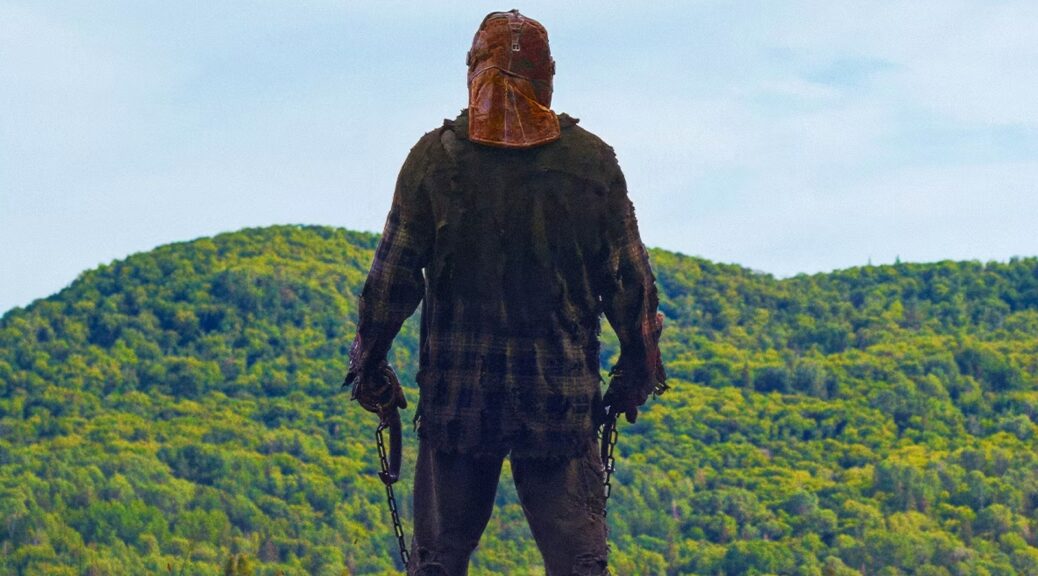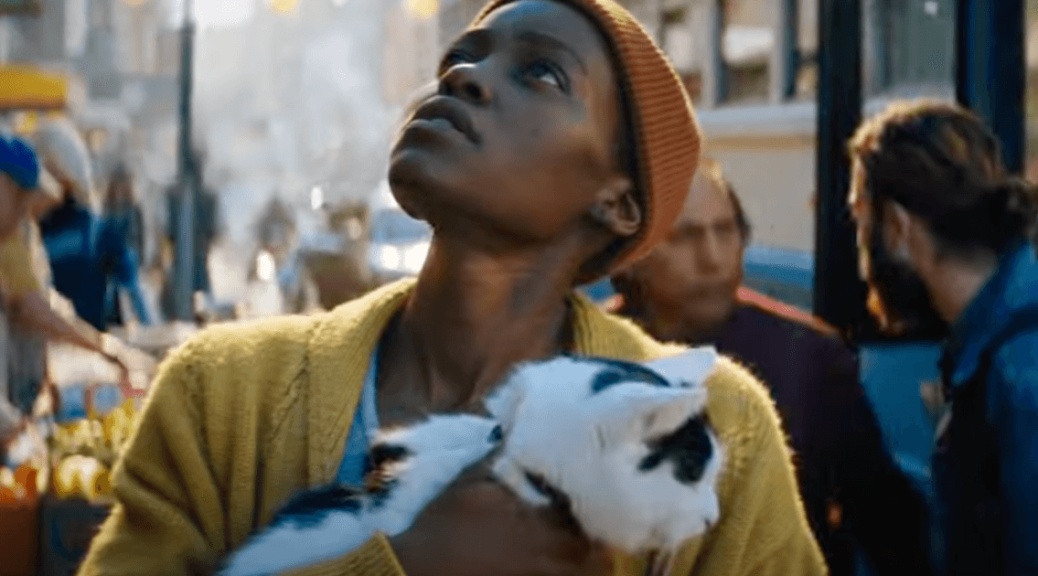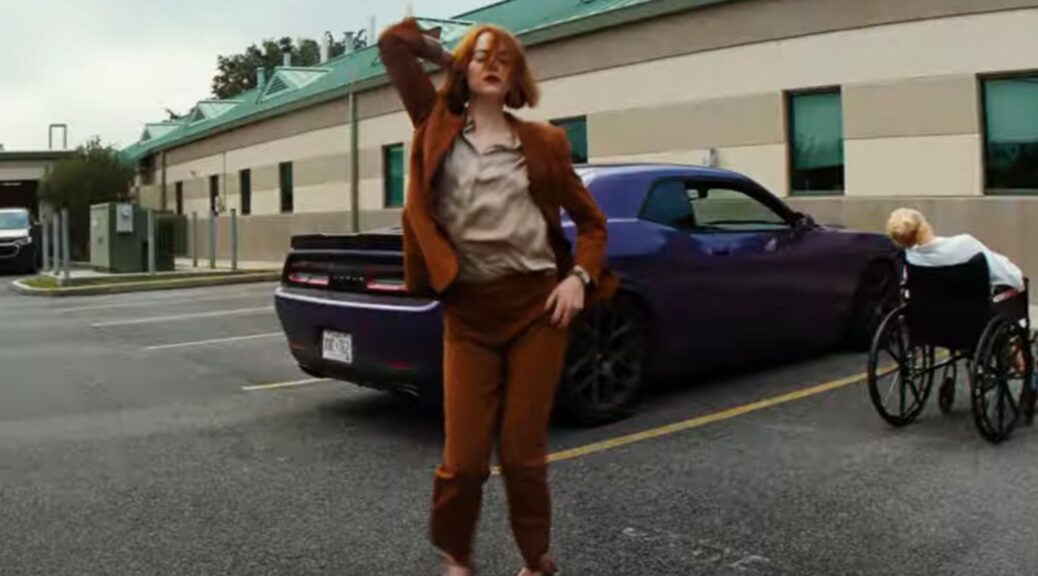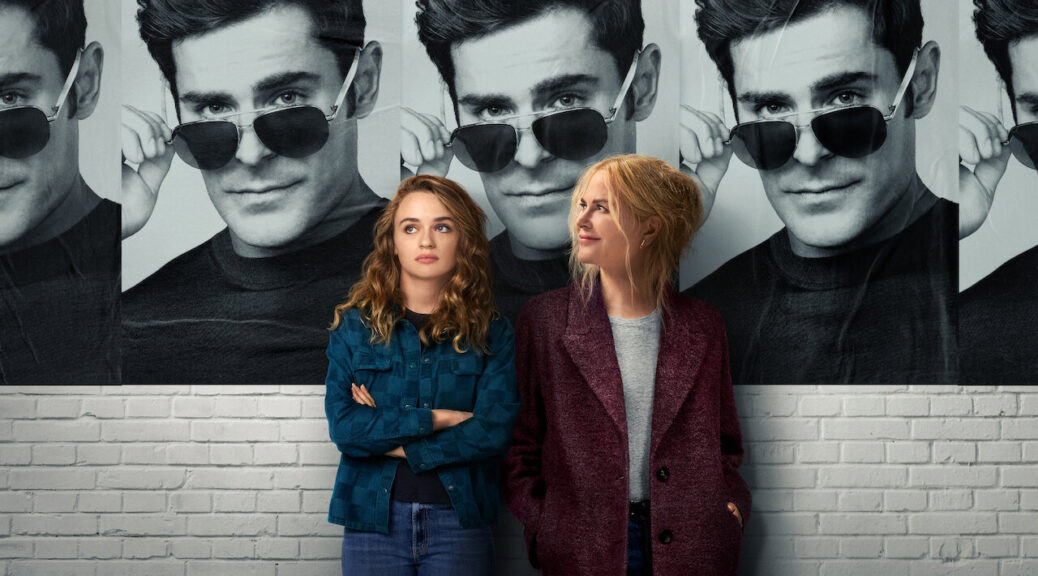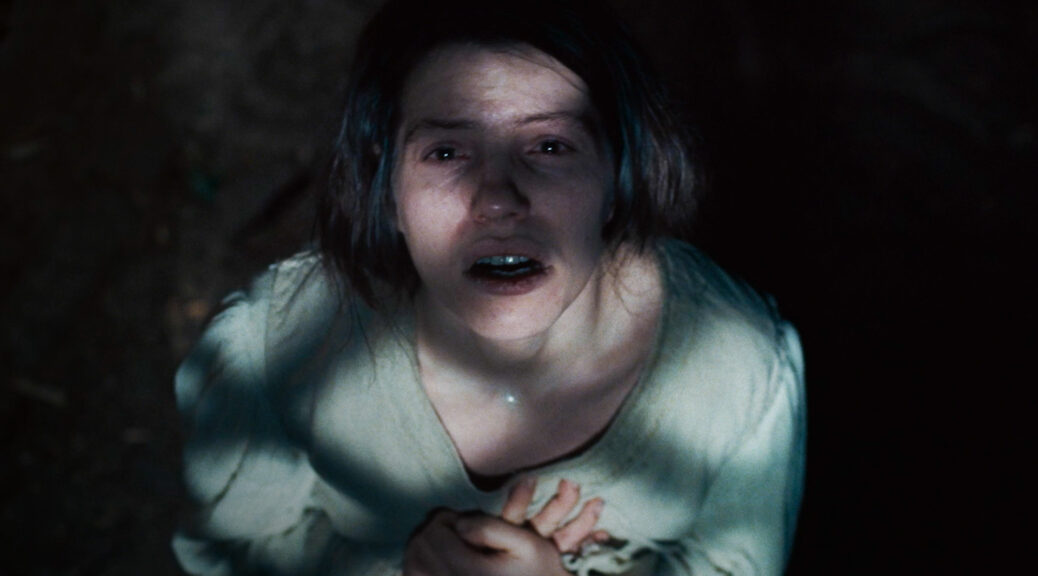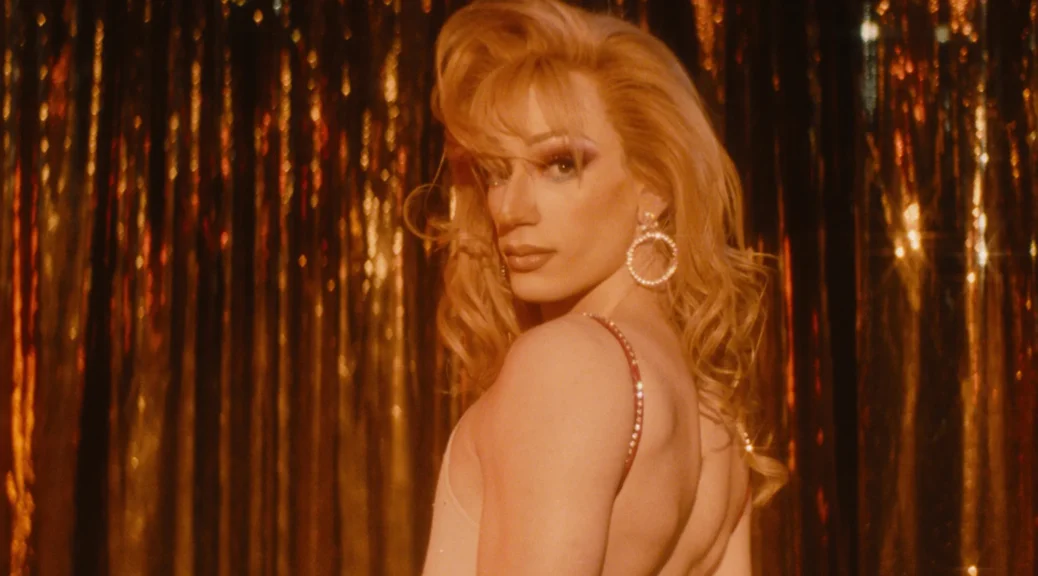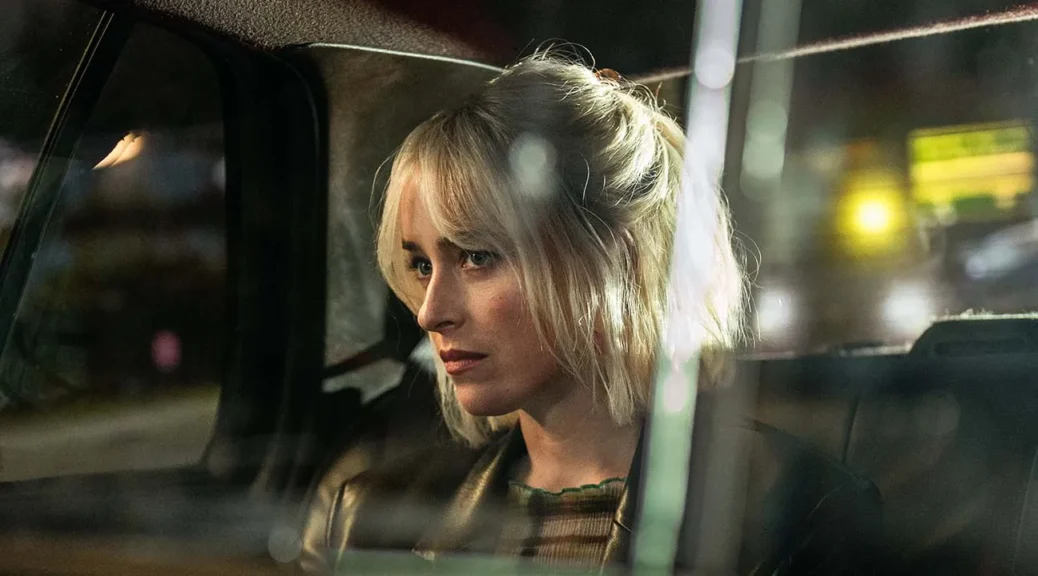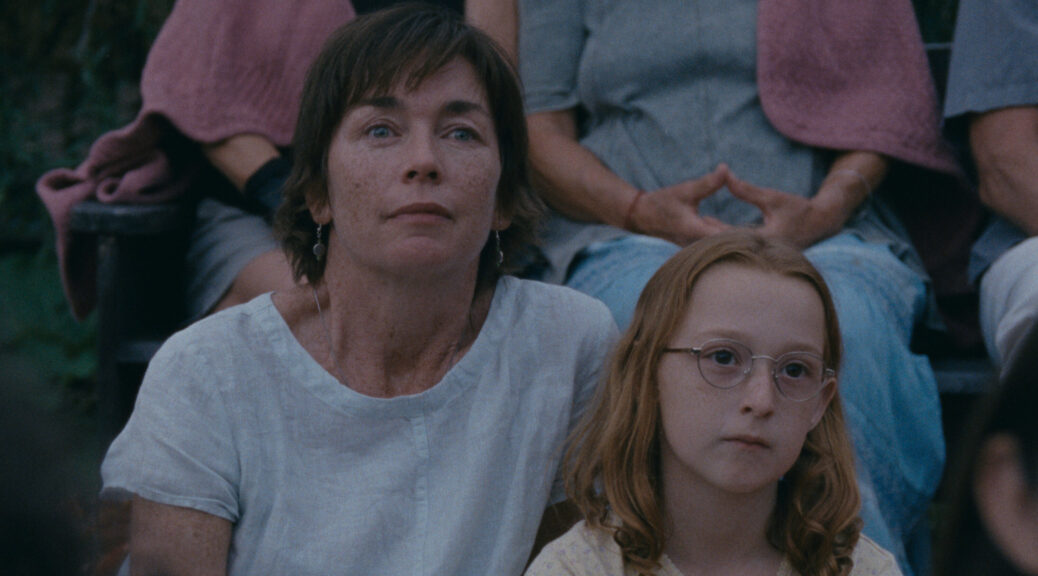It cannot be that time already! No! All right, well, OK—if we have to, we have to. There’s much to be excited about in the coming months: Longlegs, Maxxxine, Heretic, Nosferatu. But that doesn’t mean we should forget the banner year horror is having already. Here, in alphabetical order, are our favorite horror films so far this year.
The Coffee Table
A remarkably well written script fleshed out by a stunning ensemble becomes utter torture as you want so badly for some other outcome. Co writer/director Caye Casas ties threads, builds anxiety, plunges the depths of “what’s the worst that could happen?” and leaves you shaken.
David Pareja and Estefania de los Santos craft indelible, believable, beautifully flawed characters so convincing that their experience becomes painful for you. Casas salts the wounds with dark comedy, but the tenderness and tragedy collaborate toward something far more crushingly human.
Handling the Undead
With his source novel and screenplay for Let the Right One In, John Ajvide Lindqvist mixed vampire bloodlust and emotional bonds. Handling the Undead (Håndtering av udøde) finds Lindqyist turning similar attention to zombies, teaming with director/co-writer Thea Hvistendahl for a deeply atmospheric tale of grief, longing, and dread-filled reunions.
In the film’s first two acts, Hvistendahl unveils these awakenings with barren and foreboding tenderness. Everyone knows this can’t end well, but the tears of joy that come from seemingly answered prayers create moments that straddle a fascinating line between touching and horrifying. While so much time is spent exploring the pain of those left behind, we know that eventually zombies gonna zombie.
Immaculate
Working from a script by Andrew Lobel, director Michael Mohan mines the desperate helplessness of Rosemary’s Baby. And star/producer Sydney Sweeney does a fine job of swimming the murky waters of faith, innocence, and the wisdom born of innocence lost.
What’s most stunning is how well two male filmmakers channel female rage. Immaculate digs into the way organized religion constrains, punishes, silences, bullies, vilifies and oppresses women and then unleashes glorious fury. Fearless, cathartic, bloody, beautifully sacrilegious fury.
In a Violent Nature
What Chris Nash does with his retake on the slasher—utterly minimalistic except for the carnage, which is generally inspired—is both a deconstruction and loving ode. This movie loves slashers. It does not mock them, doesn’t wink and nod at what we accept when we watch them. Nor does it add any depth to them.
People watch slashers to see characters you don’t care about meet inventive, bloody death in a beautiful landscape. We watch slashers because death is comeuppance, it is coming no matter what, and it’s coming in the form of a hulking, horrifying mass with a tragic backstory. If you don’t like slashers, you won’t like In a Violent Nature. If you sincerely do, though, this film is not to be missed.
Infested
Remember Quarantine (or Rec, for that matter)? Remember that moment when you realize you’re locked inside an apartment building, trapped with the ravenous undead? OK, so that but spiders. Nice, right?! Sébastien Vanicek’s Infested (co-written with Florent Bernard) doesn’t steal from other movies as much as it mines the primal fears that have plagued the most effective horror movies from the beginning.
Apartment horror can be so creepy when it’s done well: dark hallways, grimy elevators, creepy parking garages, too many floors until safety, and loads of places for spiders to nest. Vanicek makes excellent use of these spaces, and he shows solid instincts for creature FX—when to go practical, when to show little, when to show lots (and lots and lots). But his film succeeds on the lived-in world of these neighbors and friends. You may find yourself shaking out your sleeves and pulling the drawstring tight around your hoodie. I did. But at least the cockroaches are under control.
Invader
Lean, mean and affecting, Mickey Keating’s take on the home invasion film wastes no time. In a wordless—though not soundless—opening, the filmmaker introduces an unhinged presence. Immediately Keating sets our eyes and ears against us. His soundtrack frequently blares death metal, a tactic that emphasizes a chaotic, menacing mood the film never shakes. Using primarily handheld cameras from the unnerving opening throughout the entire film, the filmmaker maintains an anarchic energy, a sense of the characters’ frenzy and the endless possibility of violence.
Scenes possess an improvisational quality that coincides with the rawness of the overall effort. Keating is spare with exposition—if you can’t figure out what’s going on without having it explained to you, you are clearly not paying attention. The verité style accomplishes what it’s mean to, lending Invader an authenticity that amplifies the horror. Invader delivers a spare, nasty, memorable piece of horror in just over an hour. It will stick with you a while longer.
I Saw the TV Glow
Fulfilling the promise of 2021’s We’re All Going to the World’s Fair, writer/director Jane Schoenbrun’s follow-up, I Saw the TV Glow, is a hypnotically abstract and dreamily immersive nightmare of longing.
Justice Smith (Dungeons & Dragons: Honor Among Thieves) is heartbreakingly endearing, while Bridgette Lundy-Paine (Bill & Ted Face the Music) provides a revelatory turn of alienation and mystery. It’s hard to take your eyes of either one of them, with Schoenbrun often framing their stares through close-ups that become as challenging as they are inviting. And that feels organically right. Because Schoenbrun is channelling characters who imagine life as someone else, to again emerge as a challenging and inviting filmmaker with a thrillingly original voice.
Late Night with the Devil
If you grew up around 1970s TV, you’re likely to have an even deeper appreciation for this high-concept homage from filmmakers Cameron and Colin Cairnes. The Australian brothers who gave us the terrific low budget horror 100 Bloody Acres have essentially crafted their found footage genre entry, all centered around broadcast and BTS footage from the last episode of Night Owls with Jack Delroy, a nighttime talk show trying to compete with Carson.
David Dastmalchian—a longtime supporting MVP blessed with a memorable face—is finally getting his chance to carry a film, and he does not disappoint. Ultimately, what Late Night with the Devil has in mind is more like an R-rated Twilight Zone, with a twisty moral backed up by blood. Expect devilish fireworks and frisky throwback fun, even if you’re not scared out of your bellbottoms.
A Quiet Place: Day One
Lupita Nyong’o leads a stellar cast as Sam, an unhappy woman on a day trip with her cat to NYC. Her plans are upended when giant ear-head monsters begin dropping from the sky, smack into the noisiest city in the nation. Watching as folks figure out how to survive without saying a word offers Episode 3 an excellent way to carve new ground.
Plus there’s a cat, Frodo. Yes, it’s a cheap way to generate tension as you spend the entire film asking, “Wait, where’s the cat? How is the cat?” The script calls for a handful of other easy ploys for anxiety, fear and emotion, but Sarnoski and his cast rise above these. They make you believe them.
Any time you can watch a film with giant extra-terrestrials bearing ear drums where a face should be and you find yourself fully believing anything, you’re watching a pretty good movie. A Quiet Place: Day One is a pretty good movie.
Stopmotion
There will be moments when you’re watching Robert Morgan’s macabre vision Stopmotion that you’ll think you see the twists as they’re coming. That’s a trick. Morgan, writing with Robin King, assumes you’ll catch the handful of common horror twists, but he knows that you won’t predict the real story unfolding.
Stopmotion delivers a trippy, uncomfortable, and deeply felt tale of a struggling artist. This is a descent into madness horror of sorts, but it’s also the story of an artist coming to a realization about what scares her most.
